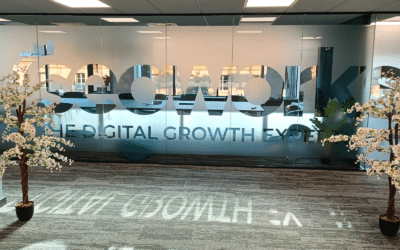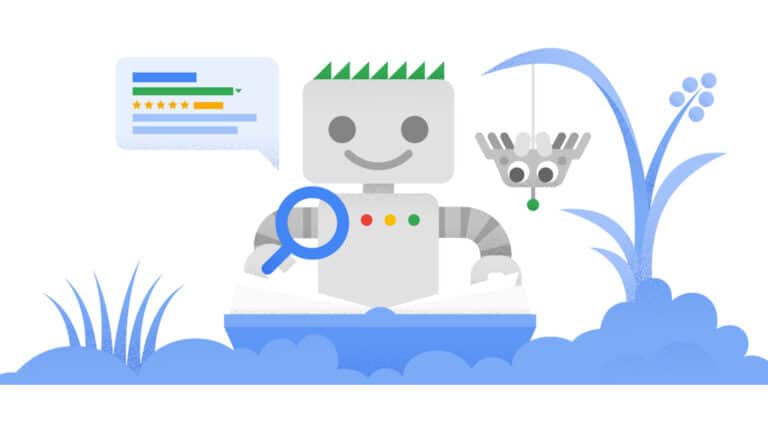Google is to launch a new algorithm next week, which will boost content written for people, but devalues sites which are primarily for SEO.
According to the search giant, the “helpful content update” will “better connect people to helpful information.”
But what will that mean for businesses?
“Google’s ‘Helpful Content’ update focuses on serving original, high quality content that adds unique value to ensure users are left satisfied after visiting your page,” explained Gregory Edwards, SEO Manager, Blue Array, a specialist search agency, which opened its Northern operation in Manchester late last year.
“Depending on how your business has published its content will determine how it will be impacted by this update:
“If you are writing with user’s in mind by answering their queries then you are likely to either be positively impacted by this update or see little change
“If you are writing solely for search engines with content that does not align with your area of expertise, intends on ‘gaming’ the algorithm (like excessively long recipe pages to hit word counts) and that leaves the user looking elsewhere for their answer then expect to be negatively impacted.”
Tasha Amponsah-Antwi, Director of Search in SEO, at search-first creative agency, Rise at Seven added:
“Google’s mission is to organise information and make it accessible and useful to a user. Therefore, it aims to serve the most relevant information to its users, that is most useful and provides the best experience.
“At Rise at Seven, our Search Everywhere proposition ensures that every element of users’ search experience is seamless across platforms, and is always audience first. Every update Google rolls out is designed to improve the quality of the experience of using the search engine for humans. So this approach is mission-critical.”
Google’s advice is to think about readers: “content created primarily for search engine traffic is strongly correlated with content that searchers find unsatisfying,” it said in the update.
“Any content — not just unhelpful content — on sites determined to have relatively high amounts of unhelpful content overall is less likely to perform well in Search, assuming there is other content elsewhere from the web that’s better to display. For this reason, removing unhelpful content could help the rankings of your other content.”
Amponsah-Antwi continued:
“If Google deems your site to have mass amounts of irrelevant content it will downgrade these sites, while other sites with ‘human-first’ content will reap the benefits.
“If impacted, this could take a few months to recover, while a site rebuilds its trust with Google while amending the content to be more human-first.
“There are a few businesses and niches that may experience more than others such as shopping and retail and others.”
Edwards agreed:
“I would expect to see fluctuations following the roll out of the algorithm next week up until it has finished. Whilst there is not a huge amount of action to take right now, if you actively know that you have content that is built for search engines on your site then I would strongly suggest improving this now and future proofing your content efforts by ensuring you write for users.
“Those sites that will be impacted the most are those that are heavily dependent on content for their SEO success such as online magazines, news publications and other publishing sites.”
Rise at Seven’s Amponsah-Antwi added that businesses should start reviewing and auditing content which had been written for search engines, “or content that could be perceived to be” and try and “humanise” it.
“For example in shopping and retail, it’s common practice to write paragraphs of content on category pages in order to help with rankings. Typically brands may place this at the bottom of the page as it’s for search engines. However, we as SEOs know that nobody who is looking for a dress for date night is reading that!
“An initial recommendation would be to cut this down and move further up the page to test.
“In conclusion, brands and businesses who have implemented an audience-first approach to their content and on-page strategies will benefit, and the sites using outdated SEO strategies will fall behind in the race.”












